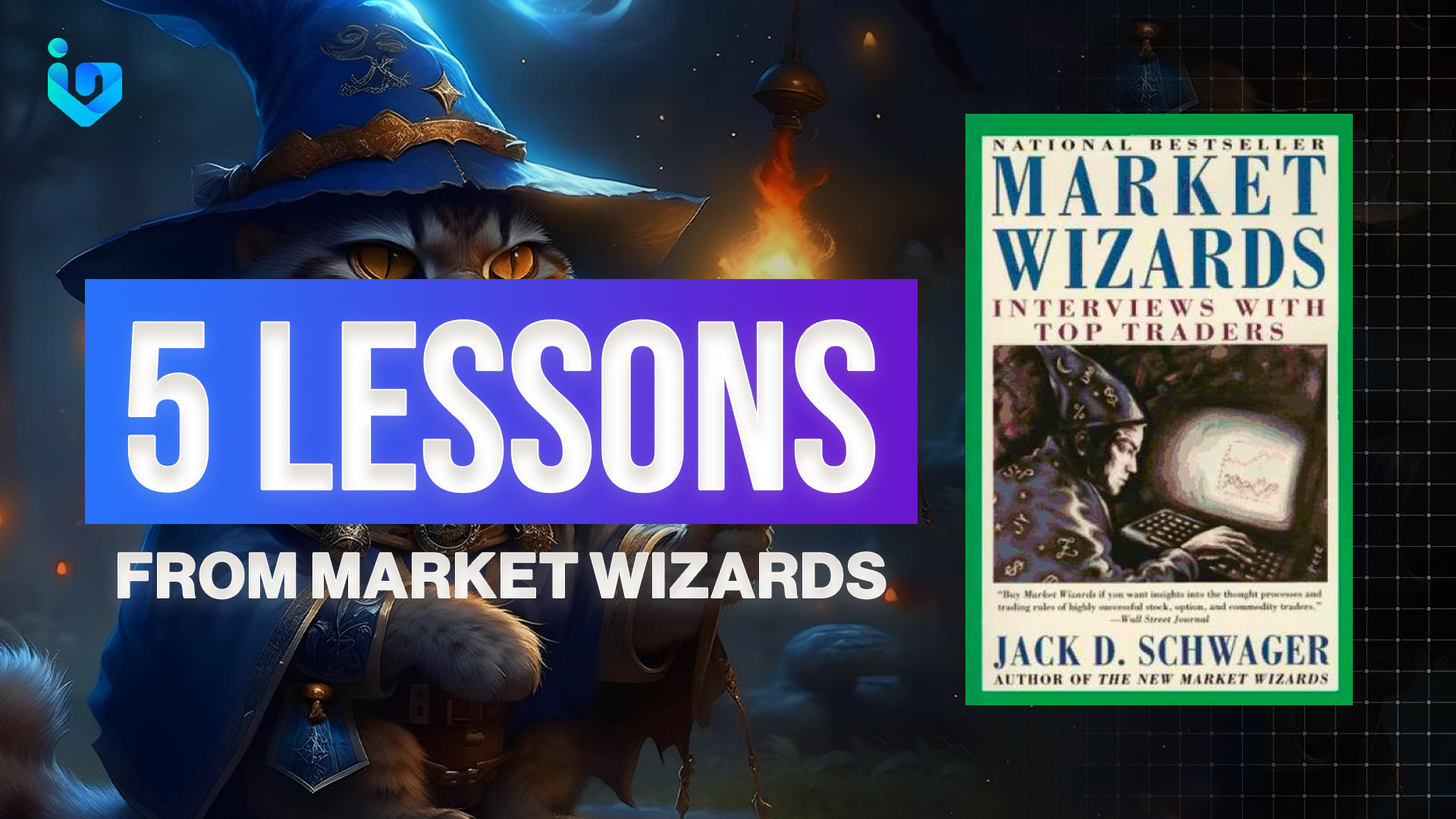Market Wizards is a classic book by Jack D. Schwager that features interviews with some of the most successful traders of all time. The book reveals the secrets, strategies, and mindsets of these legendary traders, who have achieved extraordinary results in various financial markets. In this article, we will summarize five key lessons that we can learn from Market Wizards and apply to our own trading.
Lesson 1: Focus on risk management
One of the most common themes in Market Wizards is the importance of risk management. Almost every trader interviewed by Schwager emphasizes the need to protect their capital and limit their losses. As Paul Tudor Jones, a famous hedge fund manager, says:
“Don’t focus on making money; focus on protecting what you have”
To be successful, you have to use various methods to manage their risk, such as setting stop-loss orders, diversifying their portfolio, and sizing their positions according to their confidence level. By focusing on risk management, they are able to survive in the long run and take advantage of profitable opportunities.
Lesson 2: Follow the trend
Another common theme in Market Wizards is the power of following the trend. Many of the traders interviewed by Schwager are trend-followers, who try to identify and ride the dominant direction of the market. As Bruce Kovner, a billionaire trader, says:
“I always believe that prices move first and fundamentals come second”
The traders in Market Wizards use various tools to identify and follow the trend, such as moving averages, chart patterns, and indicators. By following the trend, they are able to capture large moves and avoid fighting against the market.
Lesson 3: Be flexible and adaptable
A third lesson from Market Wizards is the importance of being flexible and adaptable. The traders interviewed by Schwager demonstrate a high degree of adaptability, as they are able to change their views and strategies according to changing market conditions. As Michael Marcus, a legendary commodities trader, says:
“Every trader has strengths and weaknesses. Some are good holders of winners, but may hold their losers a little too long. Others may cut their winners a little short, but are quick to take their losses. As long as you stick to your own style, you get the good and bad in your own approach”
Some of the market wizards are not dogmatic or rigid in their trading, but rather open-minded and willing to learn from their mistakes.
Lesson 4: Master your emotions
A fourth lesson from Market Wizards is the significance of mastering your emotions. The traders interviewed by Schwager reveal how emotions such as fear, greed, and ego can affect their trading performance. As Ed Seykota, a pioneer of computerized trading, says:
“The elements of good trading are: (1) cutting losses, (2) cutting losses, and (3) cutting losses. If you can follow these three rules, you may have a chance”
Great traders use various techniques to master their emotions, such as meditation, journaling, and self-awareness. By mastering their emotions, they are able to trade with discipline and objectivity.
Lesson 5: Find your own edge
A fifth lesson from Market Wizards is the necessity of finding your own edge. The traders interviewed by Schwager have different trading styles and approaches, but they all have something in common: they have found an edge that works for them. As Richard Dennis, a famous trend-follower and founder of the Turtle Trading System, says:
“I always say that you could publish my trading rules in the newspaper and no one would follow them. The key is consistency and discipline”
Most professionals have often developed their own trading systems and methods that suit their personality, goals, and risk tolerance. By finding their own edge, they are able to trade with confidence and conviction.
Conclusion
Market Wizards is a timeless book that offers invaluable insights into the world of trading. By learning from the experiences and wisdom of these legendary traders, we can improve our own trading skills and performance.
In trading and in life, the best way to learn will always be to study how the best do it.
